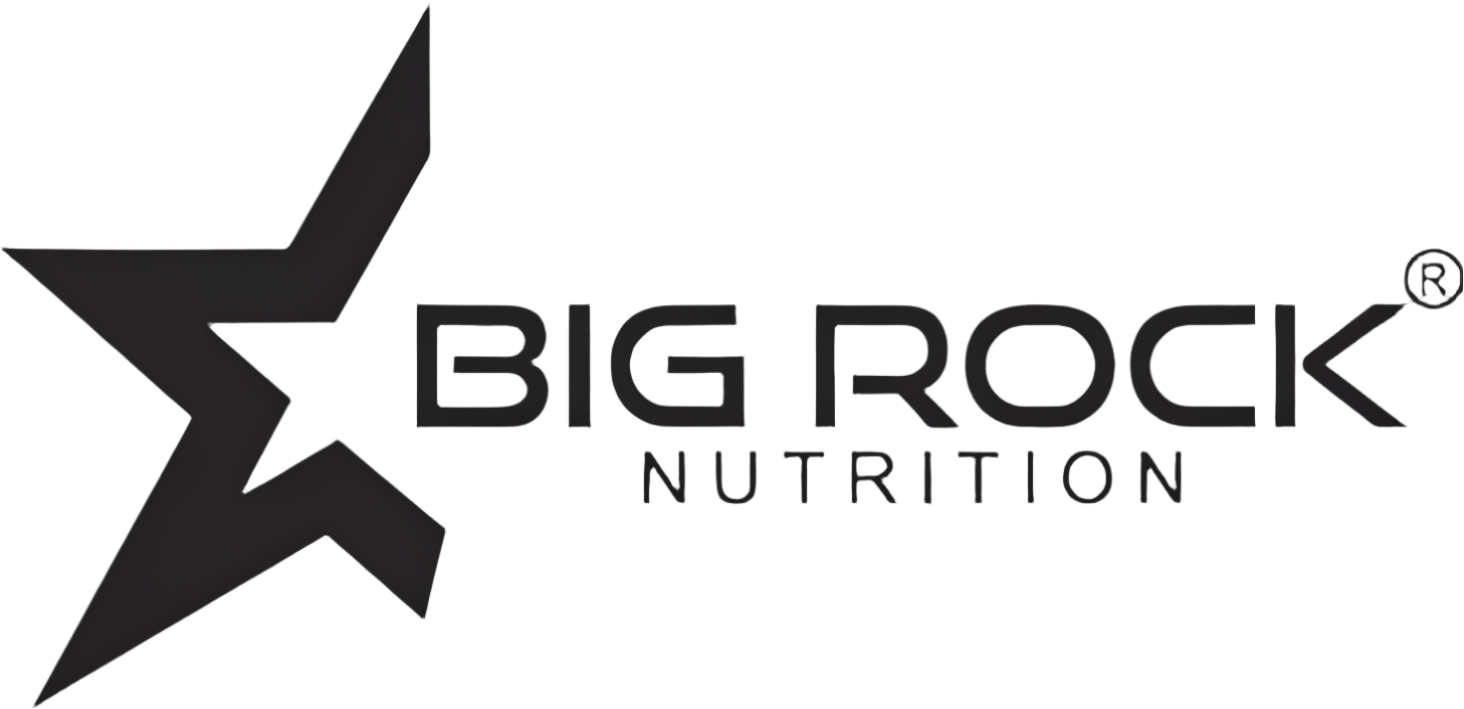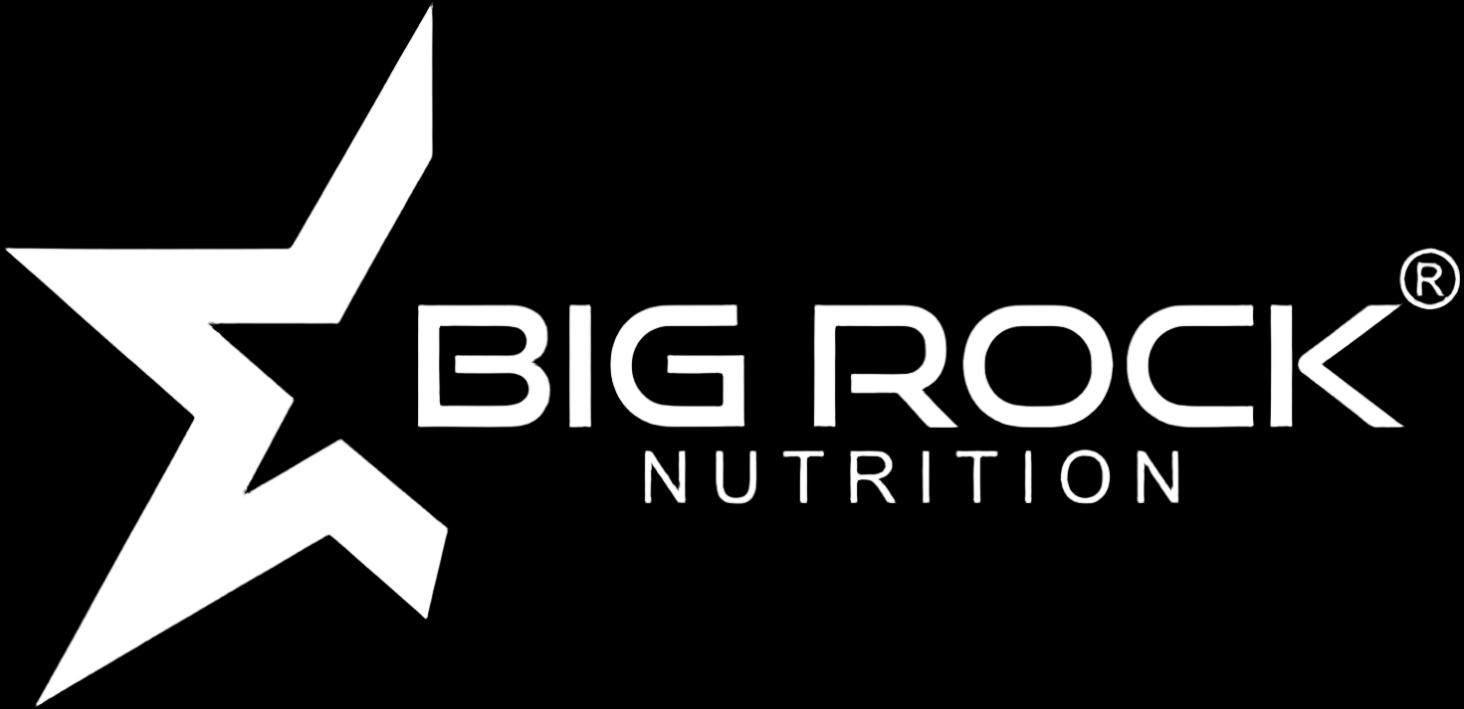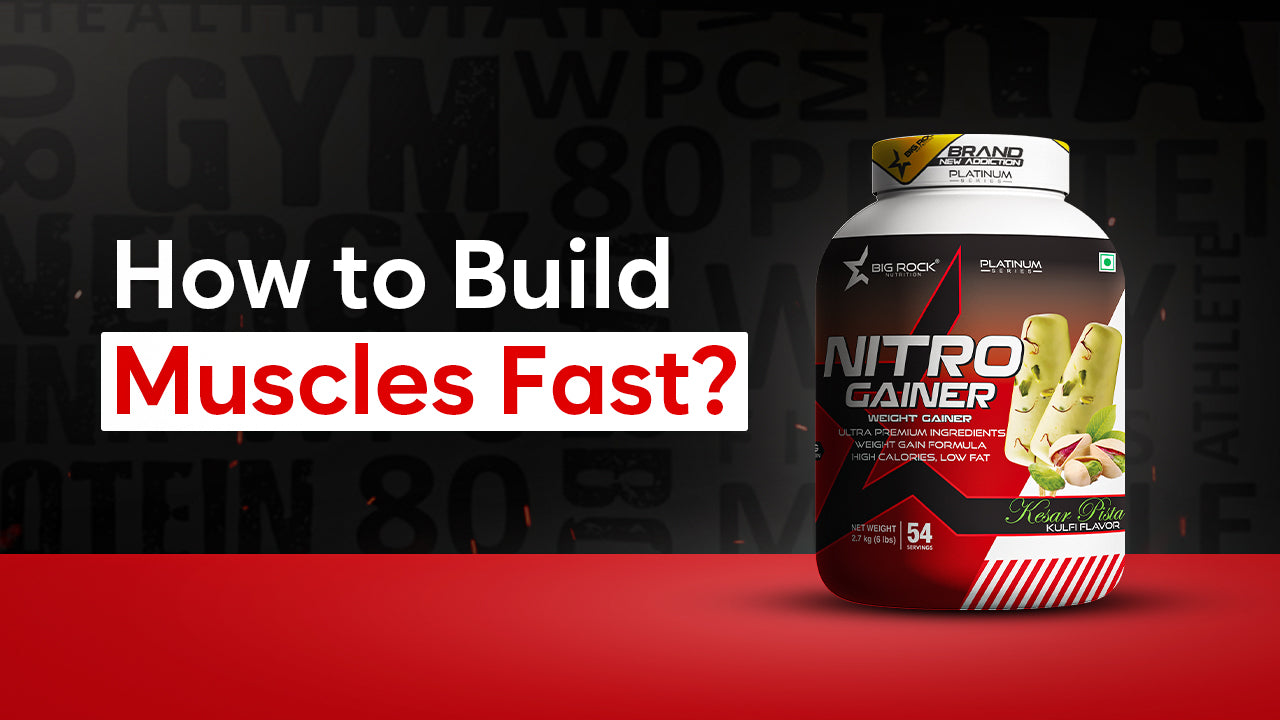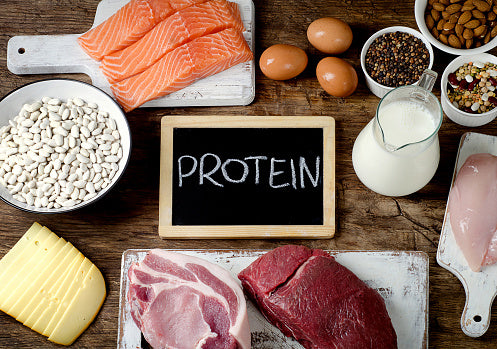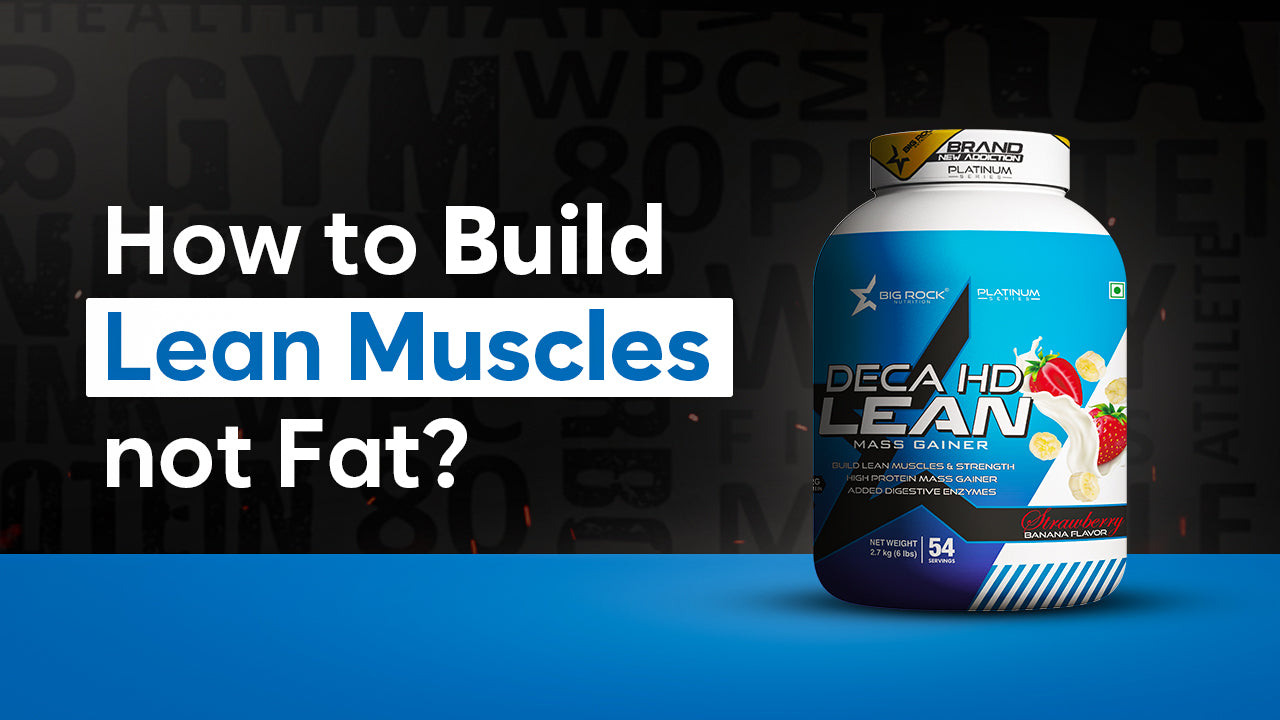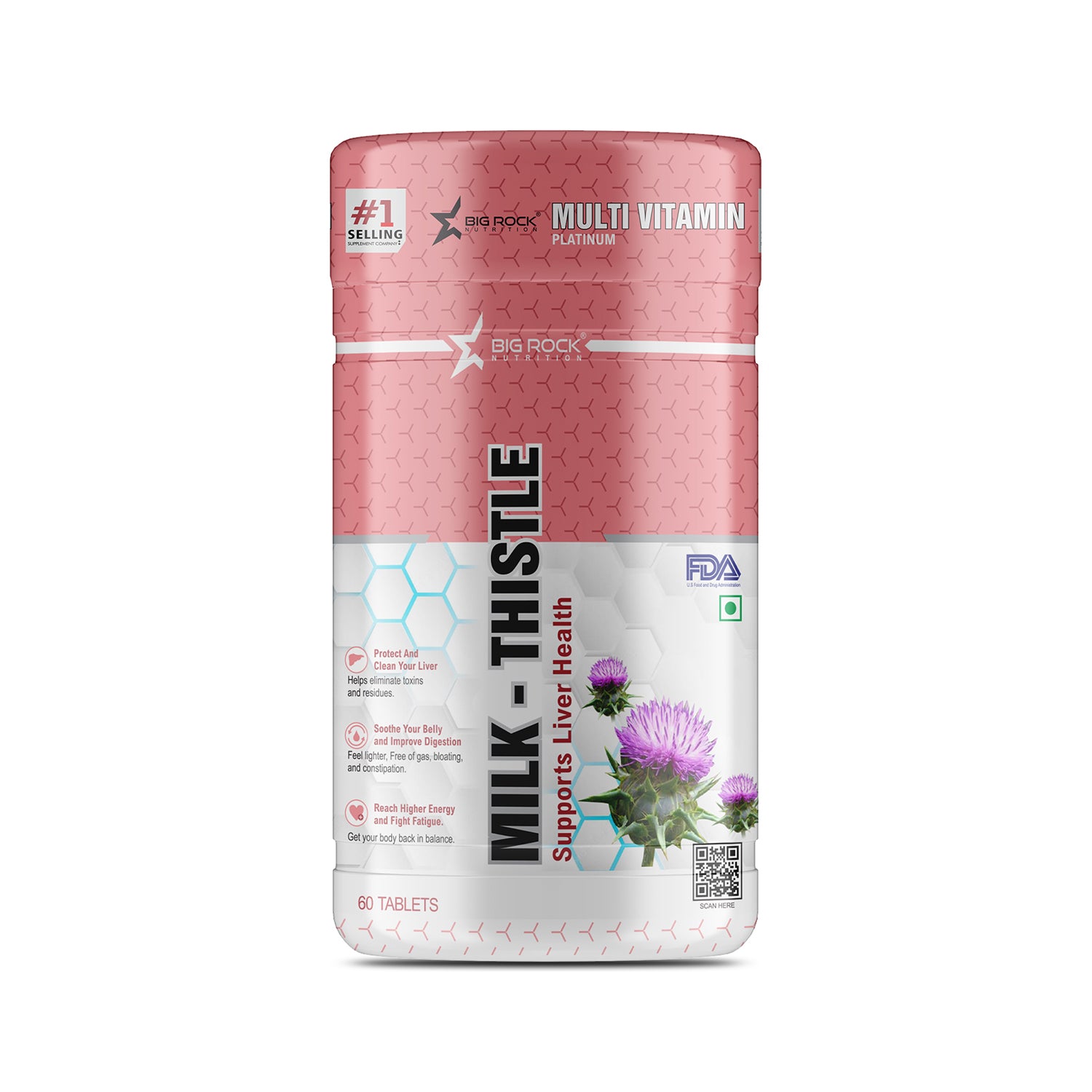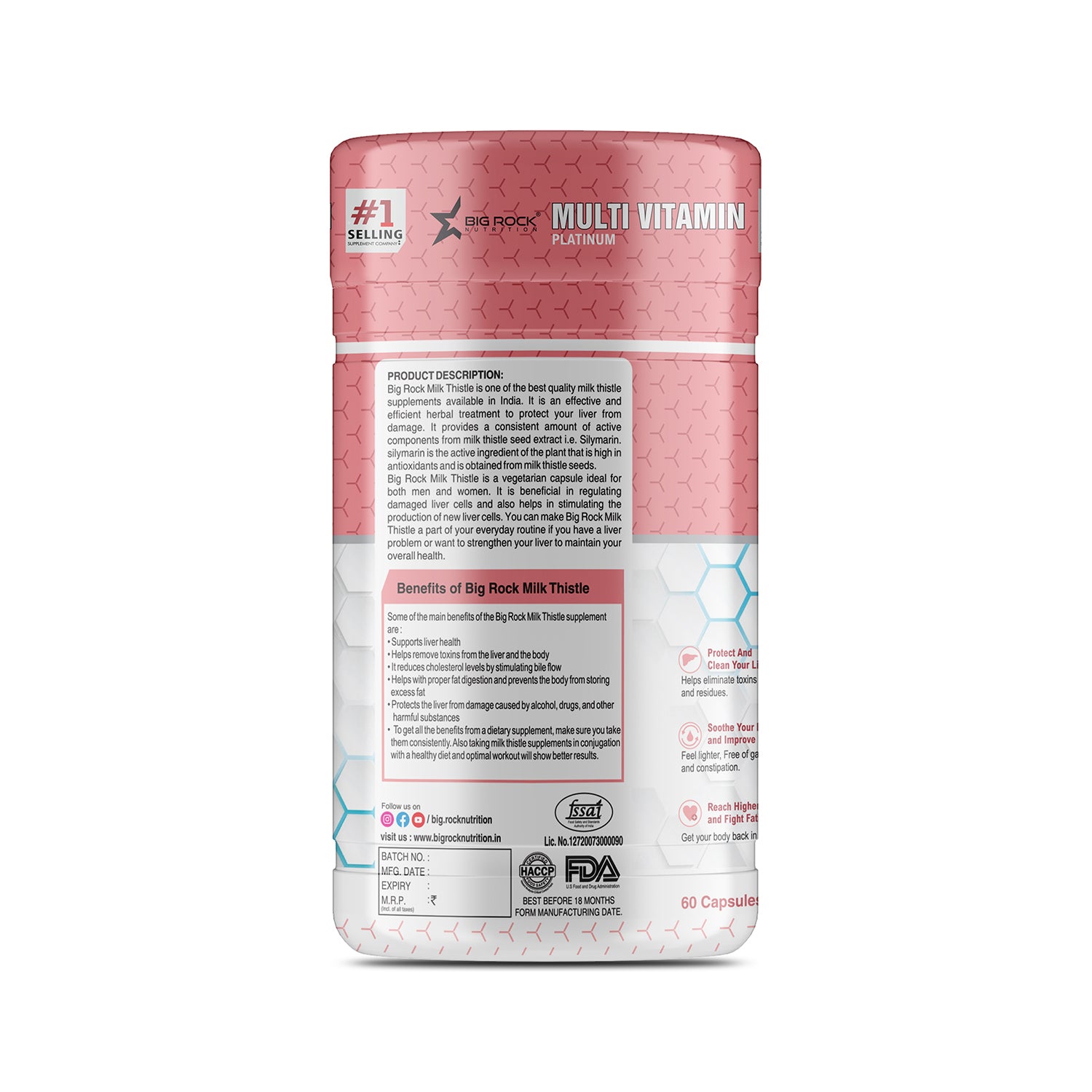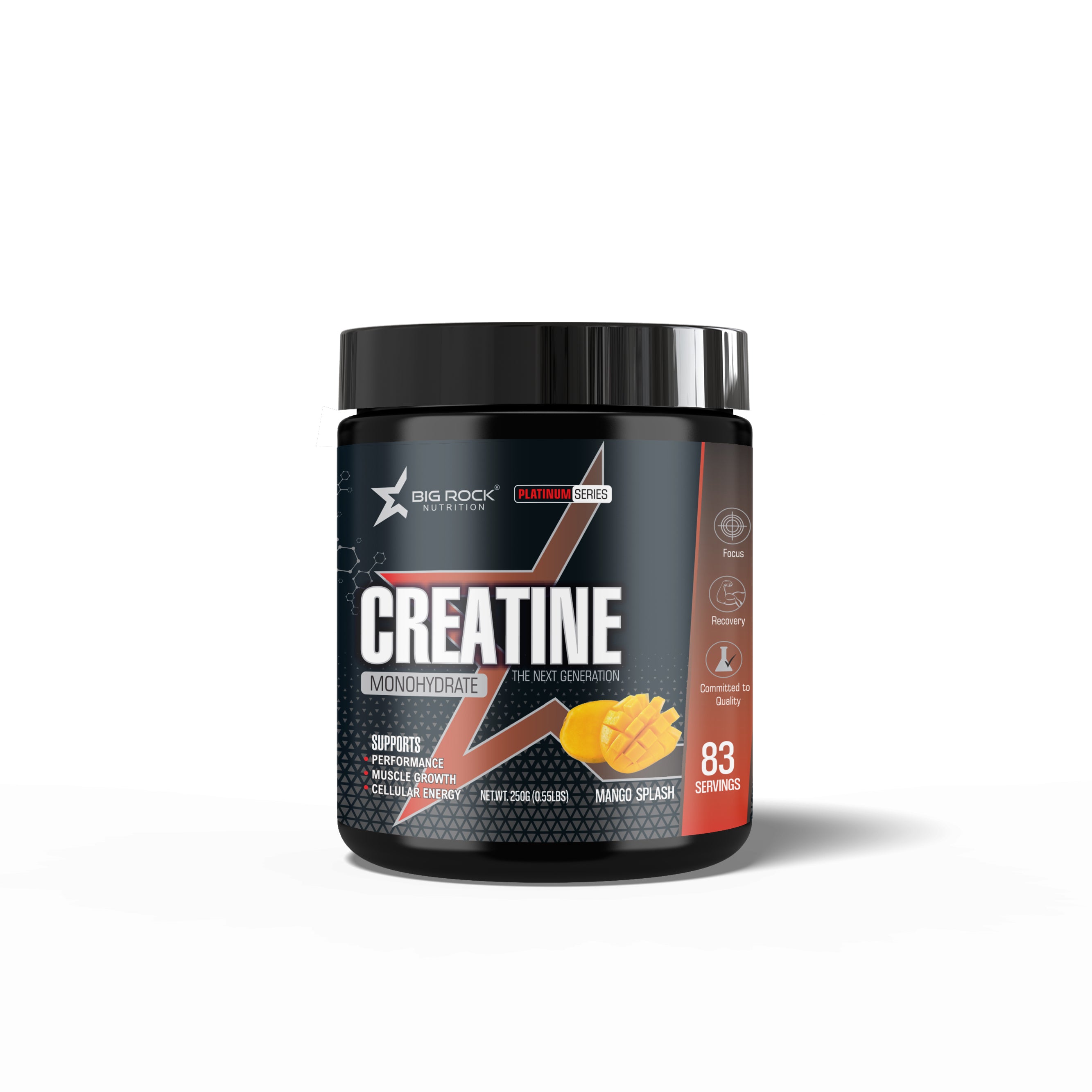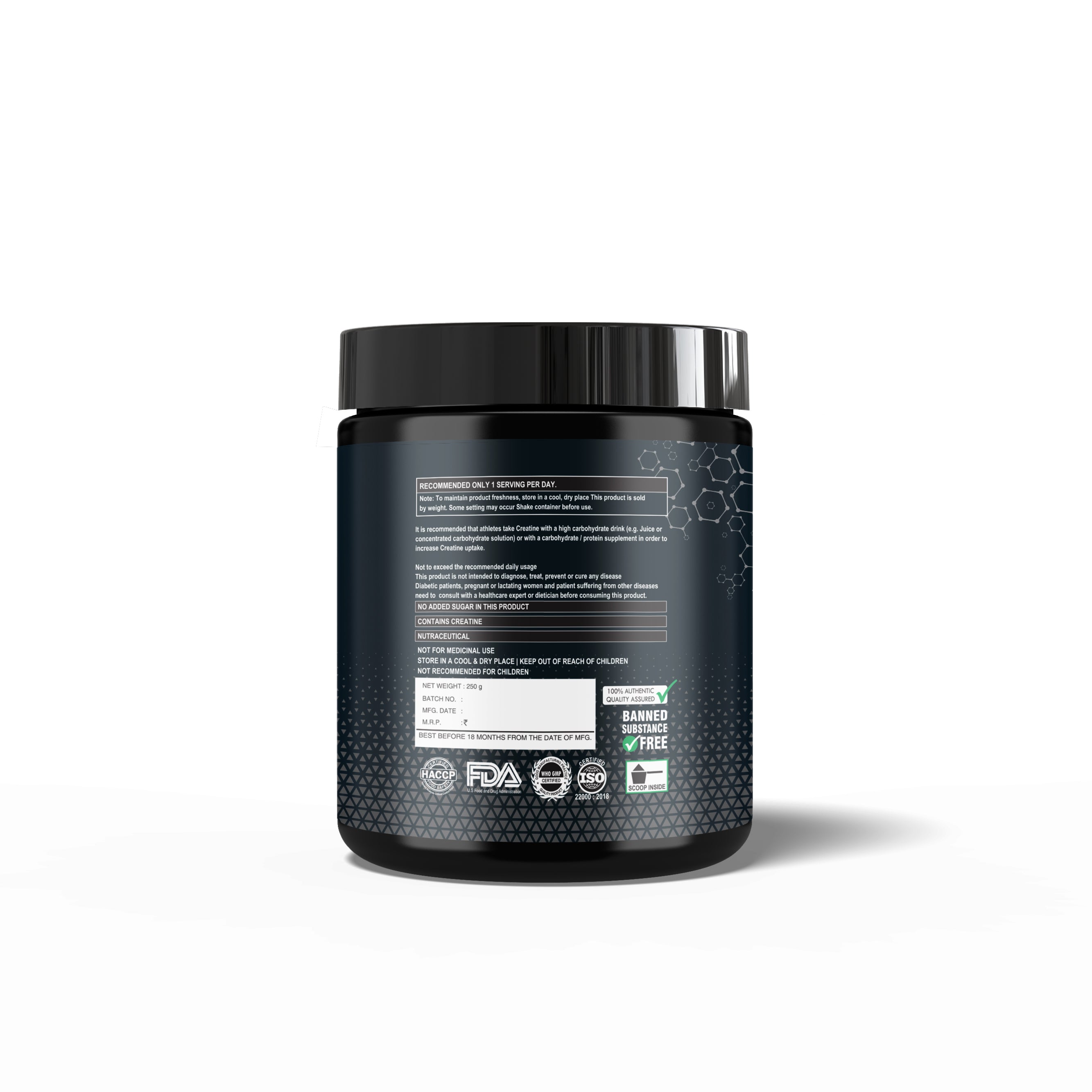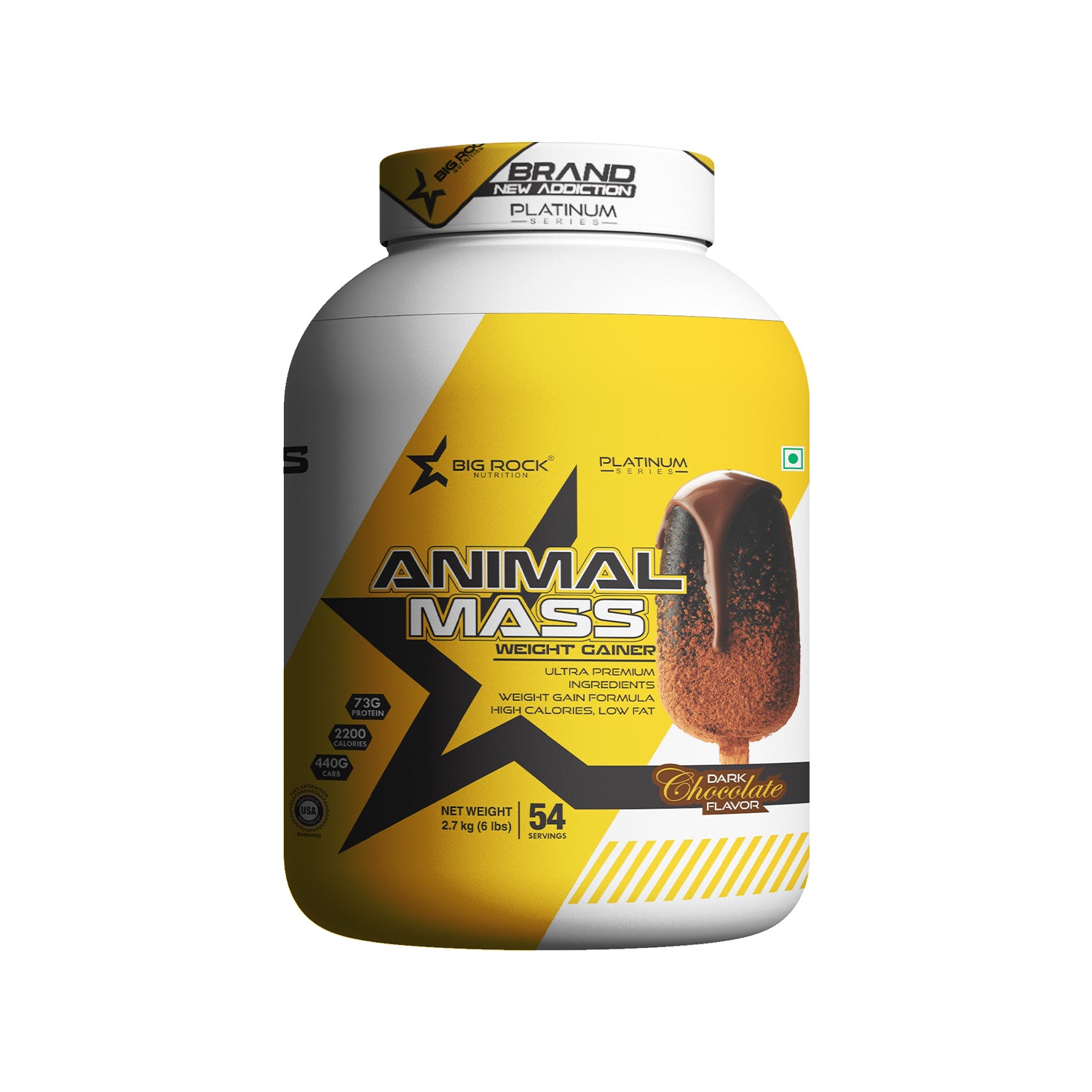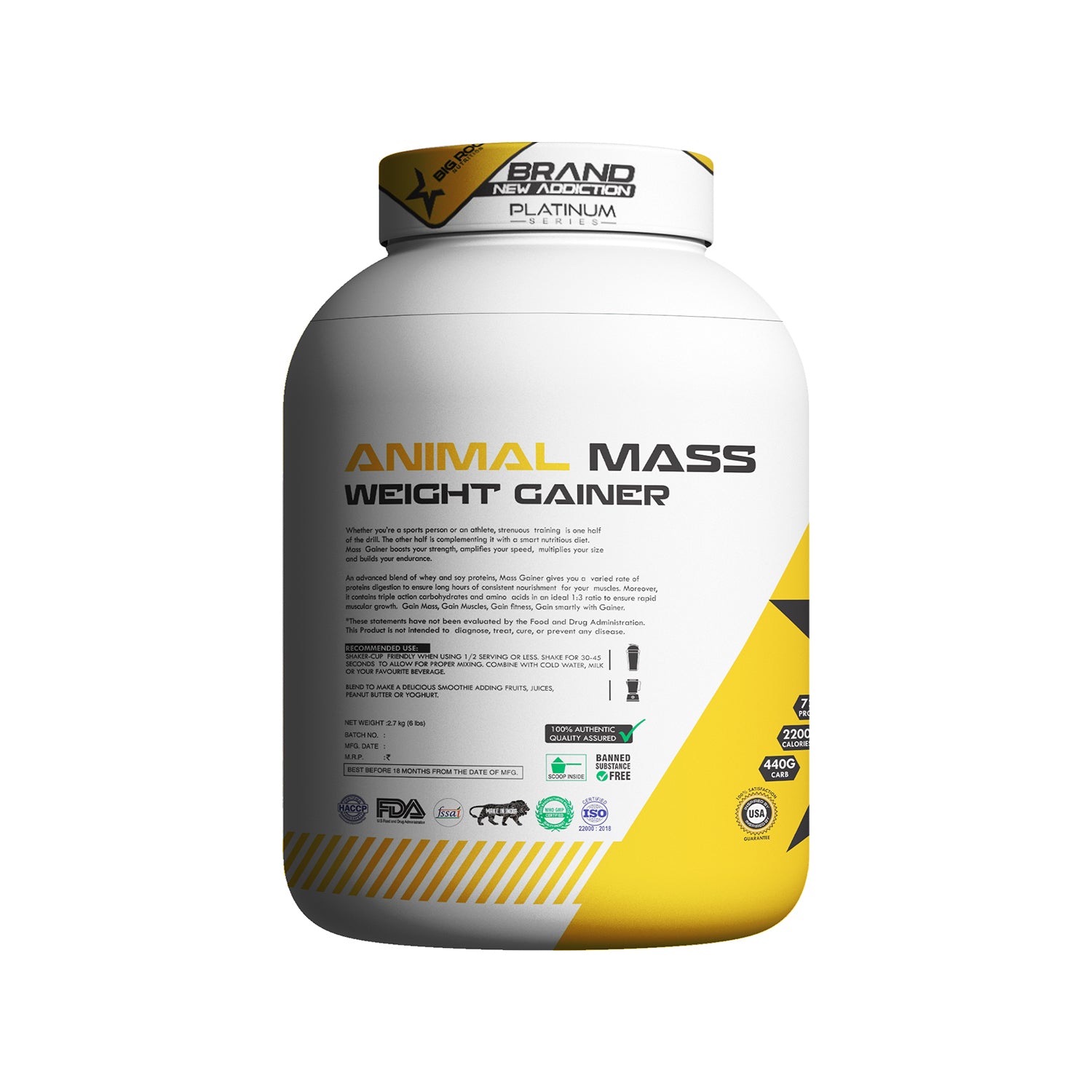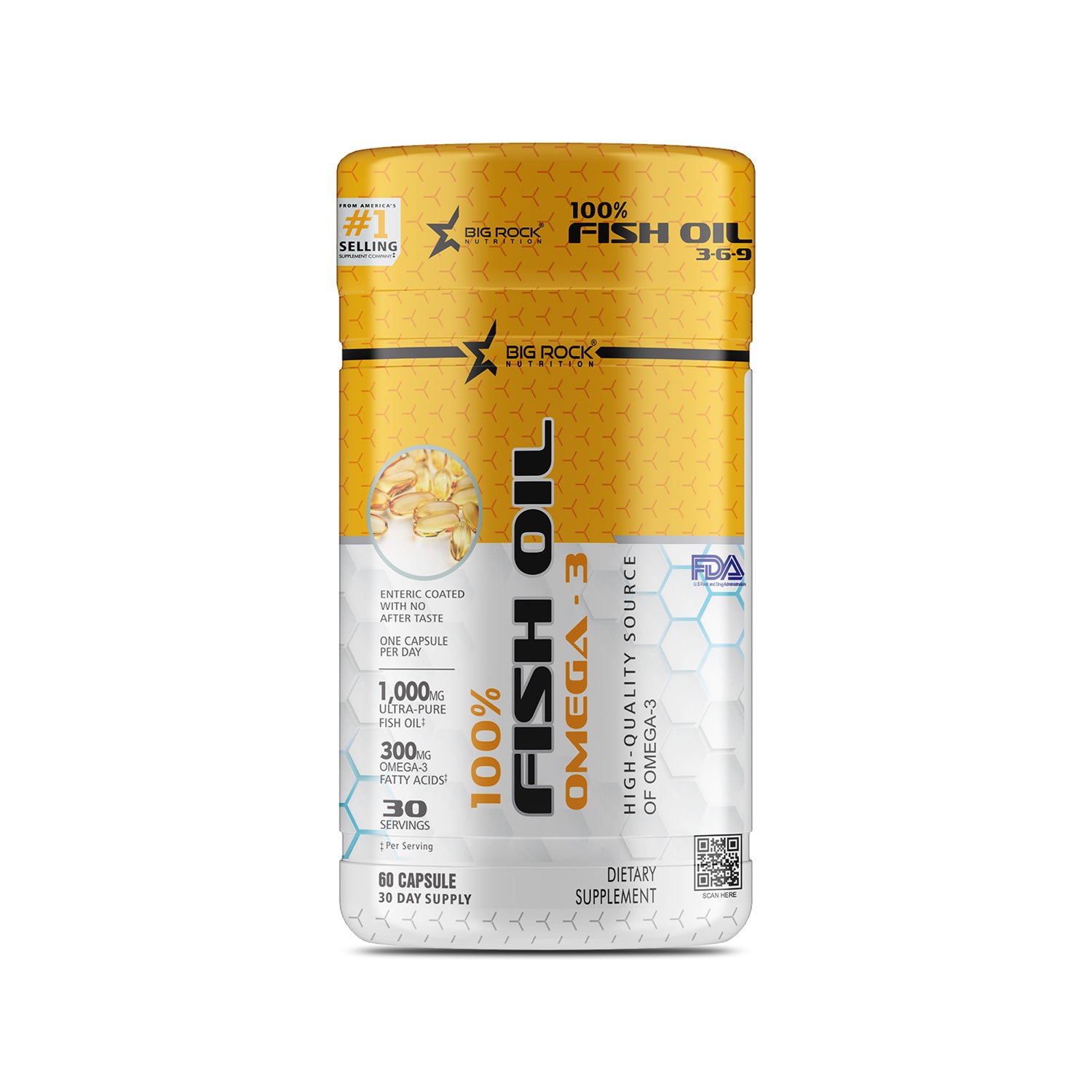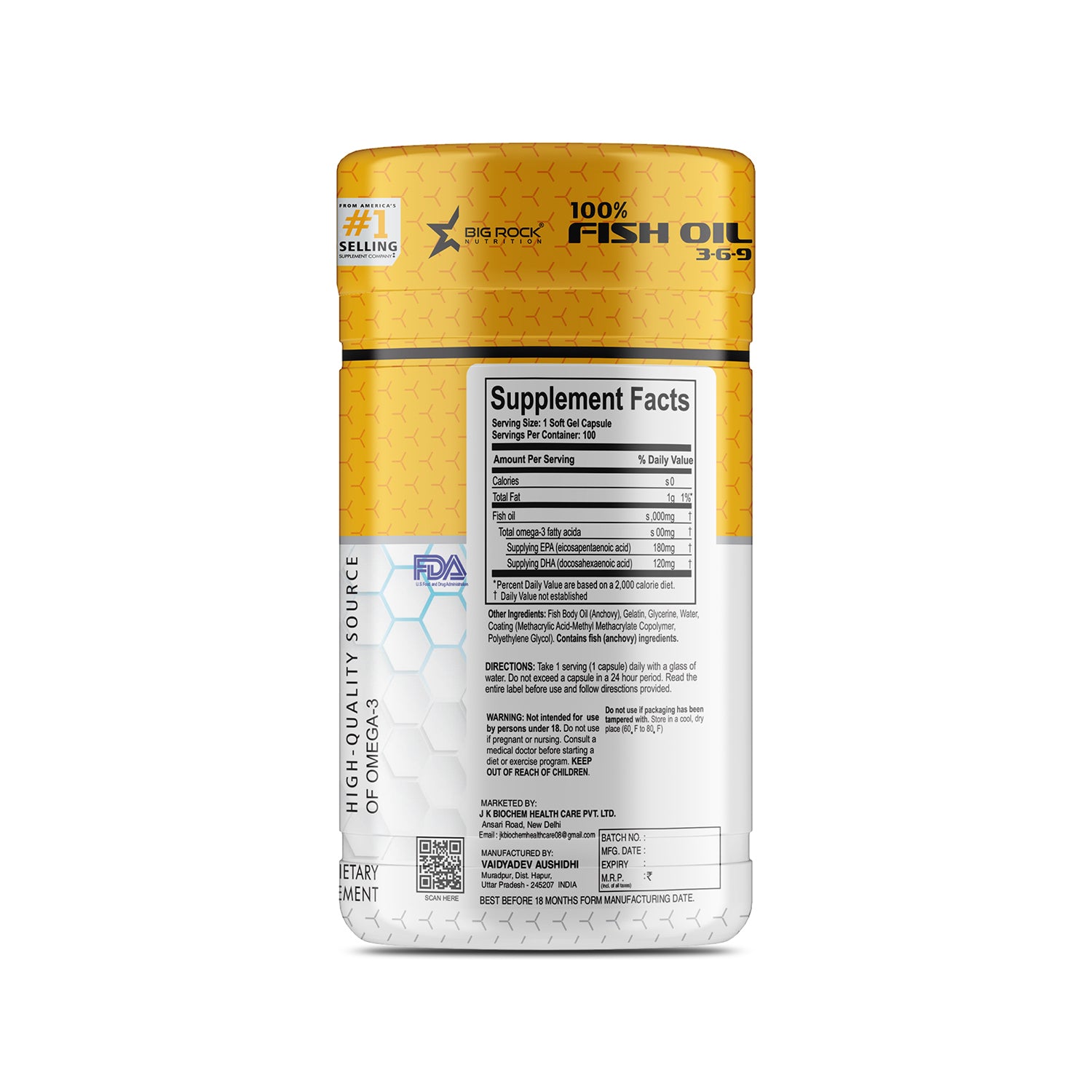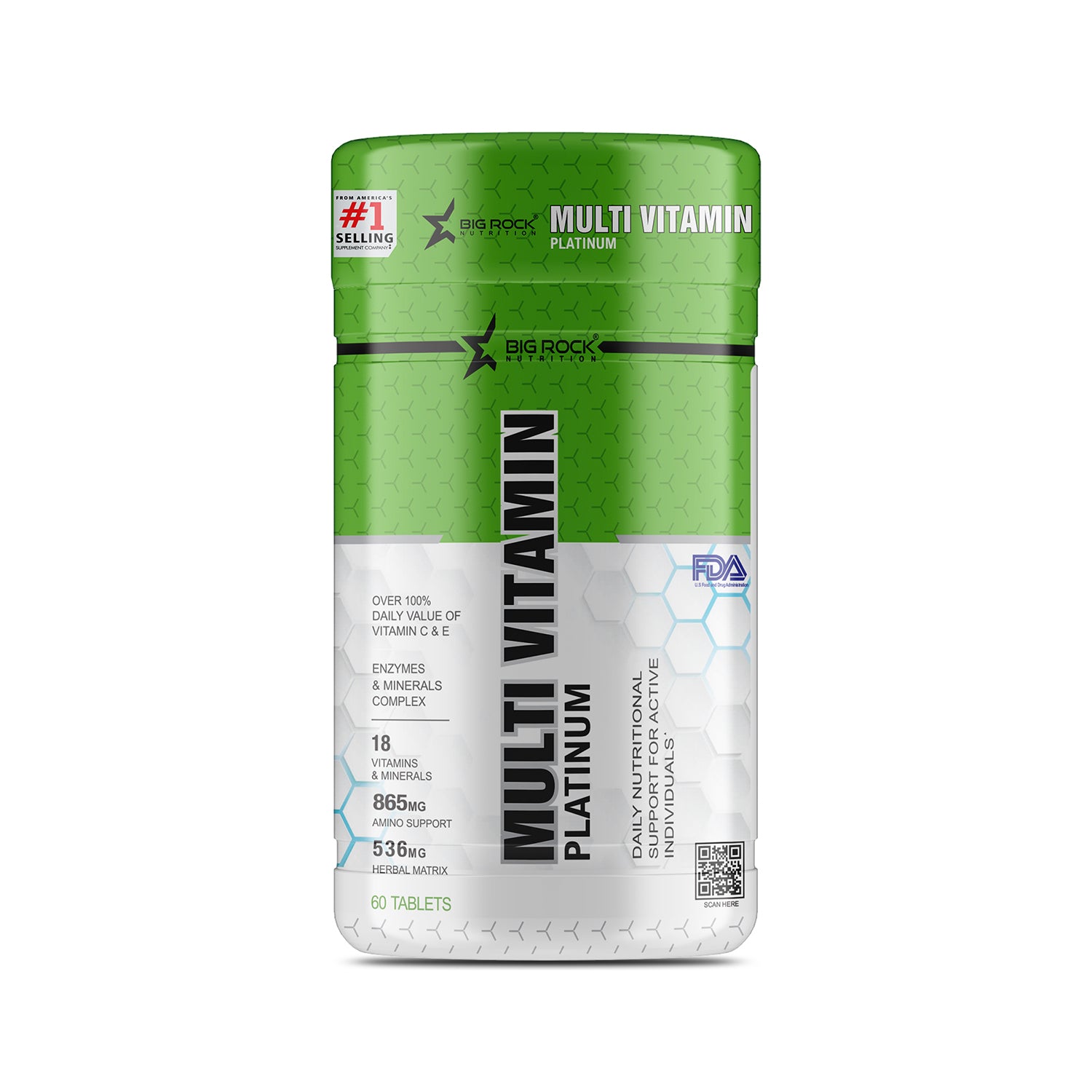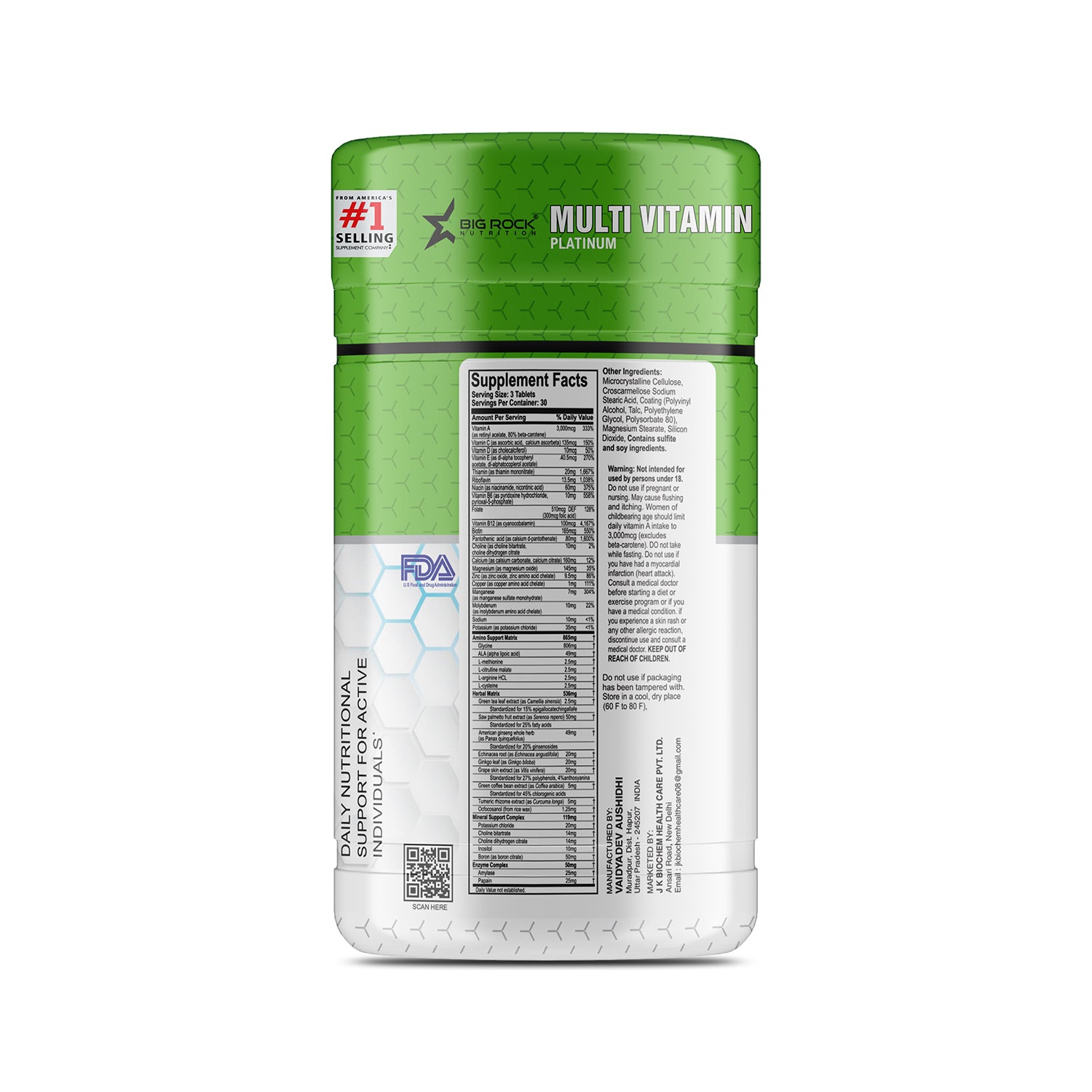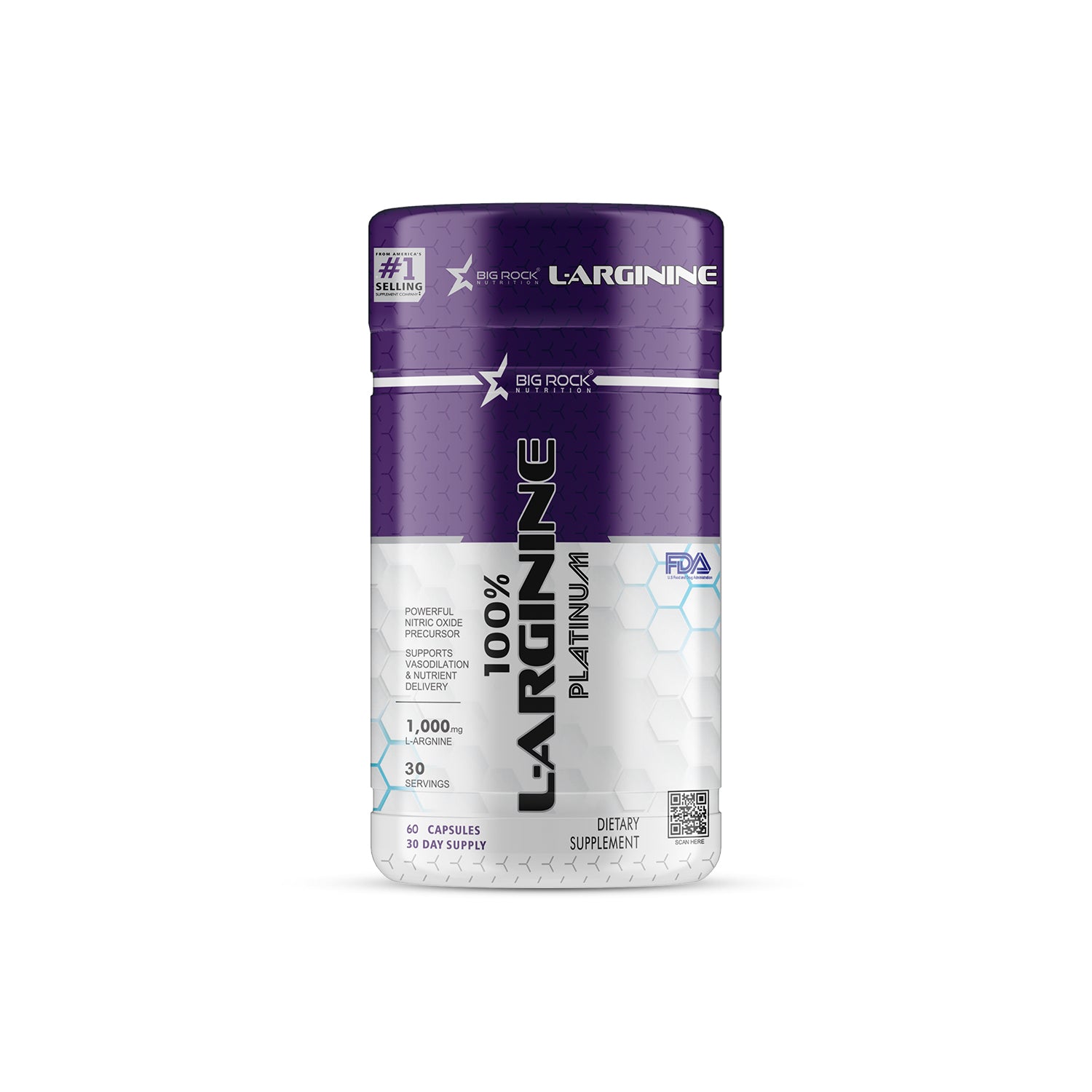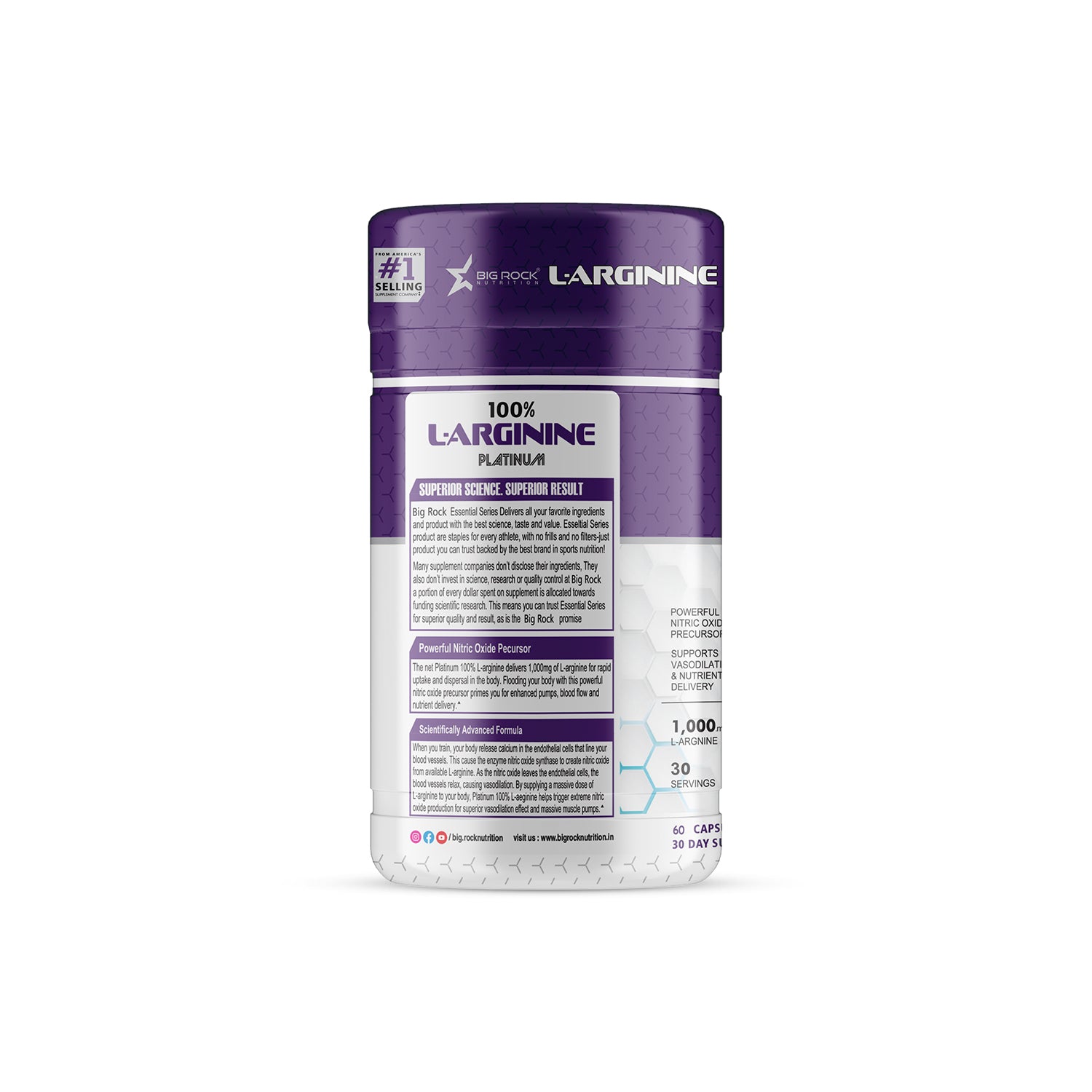Building muscle quickly requires a combination of effective training, proper nutrition, and sufficient recovery. Here’s a comprehensive guide to help you build muscle fast:
1. Strength Training
-
Focus on Compound Exercises: Compound exercises like squats, deadlifts, bench presses, pull-ups, and rows target multiple muscle groups at once, allowing you to lift heavier weights and stimulate more muscle growth. Prioritize these movements in your workout routine.
-
Lift Heavy Weights: To build muscle quickly, you need to challenge your muscles with progressively heavier weights. Aim for 6-12 repetitions per set with a weight that makes the last few reps difficult but doable with good form. This rep range is optimal for hypertrophy (muscle growth).
-
Increase Training Volume: Volume, which is the total amount of weight lifted during a workout (sets x reps x weight), is a key factor in muscle growth. Increase your training volume by adding more sets, increasing the weight, or adding more exercises targeting the same muscle group.
-
Progressive Overload: Continuously increase the demands on your muscles by gradually increasing the weight, reps, or sets over time. This progressive overload ensures that your muscles are consistently challenged and continue to grow.
-
Train Each Muscle Group Multiple Times Per Week: For faster muscle growth, aim to train each major muscle group 2-3 times per week. This can be achieved through full-body workouts or by splitting your routine into upper and lower body workouts.
2. Proper Nutrition
-
High Protein Intake: Protein is essential for muscle repair and growth. Aim to consume 1.6-2.2 grams of protein per kilogram of body weight daily. Focus on high-quality protein sources like lean meats, eggs, dairy, fish, and plant-based proteins like legumes and tofu.
-
Eat Enough Calories: Building muscle requires a calorie surplus, meaning you need to consume more calories than you burn. Focus on nutrient-dense foods to ensure you’re getting enough vitamins and minerals while supporting muscle growth.
-
Carbohydrates for Energy: Carbs provide the energy needed to fuel your workouts and aid in recovery. Include complex carbs like whole grains, fruits, and vegetables in your diet, particularly around your workout times.
-
Healthy Fats: Include healthy fats in your diet to support hormone production, including testosterone, which is important for muscle growth. Avocados, nuts, seeds, olive oil, and fatty fish are good sources of healthy fats.
-
Stay Hydrated: Muscles are about 75% water, so staying hydrated is crucial for muscle function and recovery. Aim to drink plenty of water throughout the day, especially before, during, and after workouts.
3. Supplements
-
Whey Protein: A convenient source of high-quality protein, whey protein helps you meet your daily protein requirements, especially post-workout when your muscles need amino acids for repair.
-
Creatine: Creatine is one of the most researched and effective supplements for muscle growth. It increases your muscles’ ability to produce energy during high-intensity exercise, allowing you to lift heavier and recover faster.
-
Branched-Chain Amino Acids (BCAAs): BCAAs can help reduce muscle soreness and support muscle recovery, especially when consumed before or during workouts.
-
Beta-Alanine: Beta-alanine helps buffer acid in the muscles during intense exercise, allowing you to work out harder and longer, which can lead to more significant muscle gains.
4. Rest and Recovery
-
Adequate Sleep: Muscle recovery and growth occur during rest, particularly while you sleep. Aim for 7-9 hours of quality sleep per night to optimize recovery and hormone production.
-
Rest Days: Incorporate rest days into your training routine to allow your muscles to repair and grow. Overtraining can lead to fatigue, injury, and stalled progress.
-
Active Recovery: On rest days, engage in light activities like walking, stretching, or yoga to promote blood flow and aid in recovery without putting additional stress on your muscles.
5. Consistency and Patience
-
Stick to a Program: Follow a well-structured workout program consistently to see results. It’s important to track your progress, including the weights lifted, reps completed, and changes in your physique.
-
Be Patient: Building muscle is a gradual process. While you may see noticeable changes in a few weeks, significant muscle growth takes time. Stay consistent with your training, nutrition, and recovery strategies.
6. Mind-Muscle Connection
-
Focus on Technique: Proper form is crucial to effectively target the muscles you want to grow and prevent injuries. Take the time to learn and practice the correct technique for each exercise.
-
Engage the Target Muscles: Concentrate on engaging and contracting the muscle you are working during each exercise. This mind-muscle connection can enhance muscle activation and growth.
7. Tracking Progress
-
Measure Your Gains: Track your progress by measuring key indicators like muscle size, strength increases, and changes in body composition. Regularly assess your progress to make adjustments to your routine as needed.
-
Adjust Your Routine: As you gain muscle and strength, you may need to adjust your workout routine to continue making progress. This could involve changing exercises, increasing weight, or altering your training frequency.
Conclusion
Building muscle fast requires a combination of heavy, focused strength training, proper nutrition, and adequate recovery. By consistently applying the principles of progressive overload, consuming enough protein and calories, and allowing your body to rest and recover, you can maximize muscle growth. Remember that consistency, patience, and dedication are key to achieving your muscle-building goals
